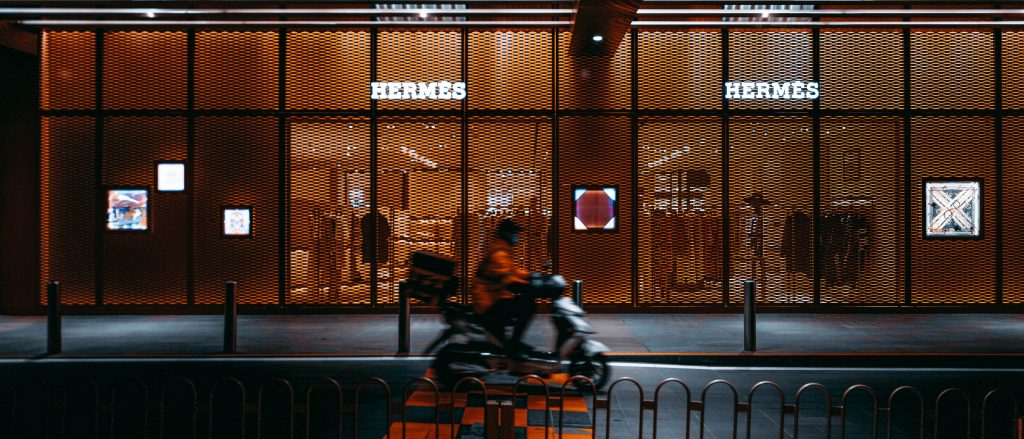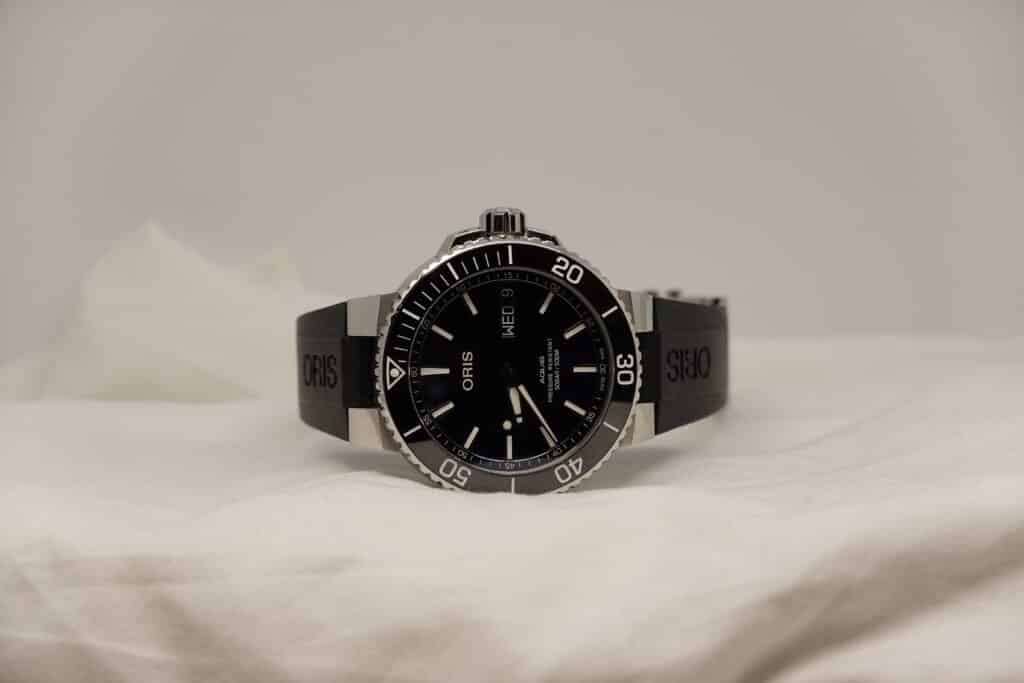Luxury goods, a prime investment for money launderers

Luxury goods and their potential connection to “dirty money” or illicit activities is a constant subject of scrutiny and concern. Most luxury brands have faced allegations of being used as vehicles for money laundering or other forms of financial crimes. It is important to note that these allegations are not exclusive to any in particular but have been raised against various luxury brands across the industry.
Luxury goods are attractive to individuals involved in illicit activities. First, luxury items often hold significant value and can be easily portable, making them convenient for money laundering purposes. Additionally, luxury brands are associated with prestige and exclusivity, which can make them appealing for individuals seeking to conceal the origins of their wealth or to project an image of success.
To combat the risk of money laundering and financial crimes, luxury brands have implemented various measures to enhance transparency and ensure compliance with anti-money laundering regulations. These measures may include conducting due diligence on customers, monitoring transactions, and cooperating with regulatory authorities.
Furthermore, governments and regulatory bodies around the world have been implementing stricter regulations and enforcement actions to prevent money laundering and financial crimes. Luxury brands are expected to comply with these regulations and play an active role in safeguarding their businesses against illicit activities.
( When Ukrainian President Viktor Yanukovych was deposed in 2014, crowds of journalists, activists, and ordinary Ukrainians stormed his country’s palace, discovering chandeliers in the lavatories, bottles of Cristal, a Fabergé egg, and, ironically, the multimillion-dollar white Steinway piano on which John Lennon sang “imagine no possessions.” )
The ramifications of luxury goods being associated with money laundering or other illicit activities can have several consequences, both for the luxury brands themselves and the broader society. Here are some key ramifications:
- Reputational Damage: Luxury brands, such as Hermes Paris, rely heavily on their reputation for exclusivity, quality, and ethical business practices. If a brand is linked to money laundering or other financial crimes, it can suffer significant reputational damage. This can lead to a loss of customer trust and loyalty, decreased sales, and long-term harm to the brand’s image.
- Legal Consequences: Luxury brands found to be involved in facilitating or knowingly benefiting from money laundering can face legal consequences. Governments and regulatory bodies may impose fines, sanctions, or other penalties on the brand, and legal actions could result in lengthy investigations, legal proceedings, and potential criminal charges.
- Compliance and Regulatory Scrutiny: Luxury brands are subject to increasing regulatory scrutiny regarding their anti-money laundering practices. They are expected to implement robust compliance measures, conduct due diligence on customers, and report suspicious transactions. Failure to meet these regulatory requirements can result in penalties, increased oversight, and reputational damage.
- Financial System Integrity: Money laundering undermines the integrity of the financial system by allowing illicit funds to be legitimized and integrated into the economy. When luxury goods are used as a means to launder money, it can contribute to distorting economic indicators, hindering transparency, and enabling further criminal activities.
- Wider Implications: Money laundering is not an isolated issue. It often intersects with other serious crimes, such as drug trafficking, corruption, organized crime, and terrorism financing. The connection between luxury goods and money laundering raises concerns about the broader impact on social stability, security, and the rule of law.
Given these ramifications, luxury brands have a vested interest in preventing money laundering and financial crimes. They are expected to strengthen their internal controls, collaborate with law enforcement and regulatory authorities, and take proactive measures to ensure the transparency and integrity of their operations.
It is important to note that while money laundering concerns exist within the luxury goods industry, not all luxury goods or their purchasers are involved in illicit activities. The majority of luxury goods are legitimately enjoyed by law-abiding consumers, and many brands actively work to uphold high ethical standards and comply with anti-money laundering regulations.



Responses